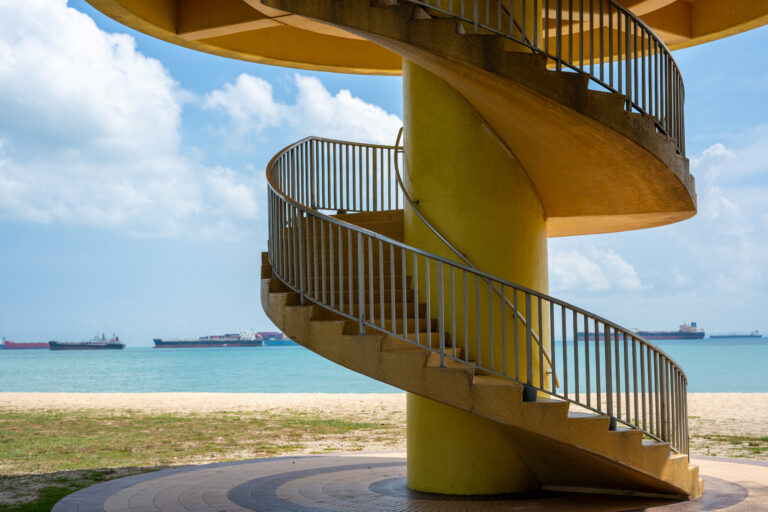The growing popularity of co-living spaces in Singapore
It has reached the tipping point where co-living has affected bigger businesses, such as hotels

The demand for co-living spaces in Singapore has increased significantly in the past few years as it grew in popularity amidst the working class of the country. It has reached the point where occupancy rates have gone higher than 95 percent.
Needless to say, another contributing factor to the growth in the popularity of co-living is the fact that the pandemic saw the implementation of work-from-home policies, turning it into a norm within just a few years of lockdown. Since most people lived with their families, it became a challenge to work with situations like conference calls being disrupted and leading to unproductivity.
To cater to this growing demand, JLL found that more hotels have transformed their spaces into co-living areas, in hopes to penetrate larger markets and get a considerably large return from renting out residential spaces bought for cheaper prices.
More: Is small space living worth it?
Investors have also taken note of the fact that converting hotels into co-living spaces involves less financial risk than selling to an open market. There are fixed rates with cost pressures that could be divided among people or tenants equally.
As the scale of the popularity behind co-living increases, Channel News Asia revealed that it is becoming more popular with foreigners, apart from the locals. The thought of having temporary accommodation without having to sign a long lease sounded welcoming from their point of view. Not only did it serve as a communal space for socialising and networking, but it also served as a convenient choice for professionals, students, and other people looking for a place to be away from home.
The Property Report editors wrote this article. For more information, email: [email protected].
Recommended
Why everyone is moving to Selangor and Johor: Malaysia’s real estate comeback
Malaysia’s upturn in fortunes is especially prevalent in secondary destinations such as Selangor and Johor
Penang’s silicon boom: How the US-China tech war is supercharging local real estate
Penang’s booming semiconductor industry has created ripples within the local real estate sector
ARES White Paper Volume 2: Unravelling the power of data revolution in real estate
Insights on proptech, smart cities, and sustainable development
ARES Digital White Paper Volume 1 tackles the fundamentals of responsible building
Green and climate heroes join forces to discuss how Asia Pacific can weather the current environmental crises and the looming effects of climate change







